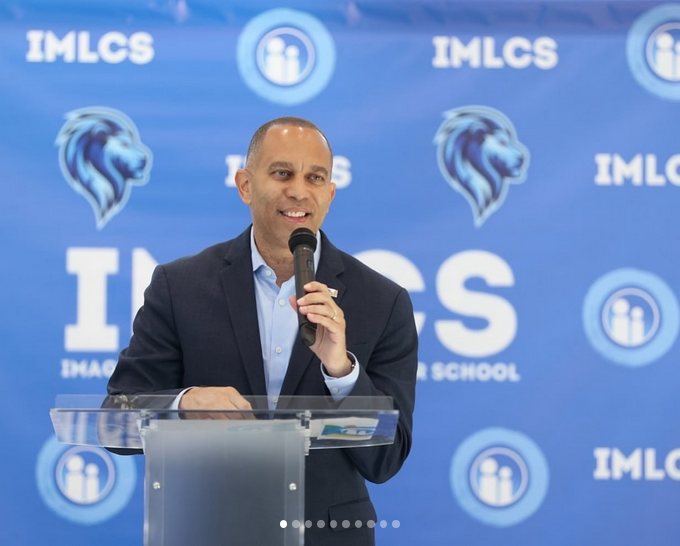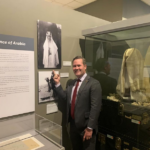TWO cows were grazing in an English meadow. One said, “What’s your opinion on the mad cow disease?” The other said, “I don’t care a hoot about it. Anyway, I’m a helicopter.”
If a cow realises that it is a cow, it becomes a celebrity — a holy cow. It is that simple! It’s merely a question of realisation. In India, we have always called mystics ‘self-realised’ beings. Realisation is not about inventing or discovering something; it is just about realising who you are. Most people don’t realise who they are because they’re too self-engrossed to pay any attention to life.
A lady once asked me, ‘What is your idea of God? Are you against it?”
I was amused. I said, “And suppose I don’t have an idea of God? Anyway, you can feel free to entertain any ideas you want about God—or the devil. But don’t have ideas about me; they’re bound to be wrong! With God also maybe they are wrong, but He can’t protest. I can!”
The beauty of Indian culture is the fact that everybody can have their own idea about the divine. Everybody has the licence to invent his own God. The notion of the ishta devata means that you can create a god of your choice. If I start worshipping a flower or stone or tree in my garden tomorrow, no one will find it absurd. If I worship my mother or my wife or my daughter, that’s fine too. But if I insist my wife is God for you also, now there’s a problem!
So your idea of God isn’t the problem. You want to make an ideology of your idea: that’s a serious problem. In this country we have 33 million gods and goddesses—and this was when our population was thirty-three million, or less! Since then we lost our imagination. We became so colonised in our minds, unfortunately, that we stopped creating gods. If each one of us had our own god, we couldn’t organise a group or campaign or enter into a conflict with anybody. Only when a hundred people gather behind one god, it’s a problem. Humanity has suffered immensely from ideologies of the divine.
But that’s a cultural issue. Why this individual compulsion to form ideas about God, in the first place? Why aren’t you sincere enough to admit even to yourself that you know absolutely nothing about the nature of this existence? Because you know nothing, you find some childish explanation. This is a need for security, not a search for truth. If you want God as a tranquiliser, that’s okay. But if you want the divine to be a process of awakening in your life, an idea isn’t good enough.
“I do not know” is a tremendous possibility. You are trying to destroy that tremendous possibility with a mere idea. If you learn to live with “I do not know”, the longing to know is inevitable. If the longing to know awakens, seeking will happen; if seeking happens, you will try to find a way to know.
We wanted an explanation for creation, so we created a Creator in our minds. Does He really exist? Right now, you have belief. But you have not experienced Him. The only thing within your experience now is what is called “you.” Why not start from there? Something within you has enabled you to grow from a child to an adult. This means the source of creation seems to be functioning from within you. So if you really want to know reality, all you need to do is turn your attention inward. Once you experience how this source of creation functions within you, everything is transformed—your life and your understanding of existence itself.
This ‘thinking/reading/talking spirituality’ has gone on too long. Sunlight comes into your house not because you want it. It happens because you open your windows. The problem is you started talking God, heaven, nirvana, mukti, even before your perception opened up. It’s time to open the windows. It’s time to look within.
Sadhguru, a yogi, is a visionary, humanitarian and a prominent spiritual leader (www.ishafoundation.org)





























































